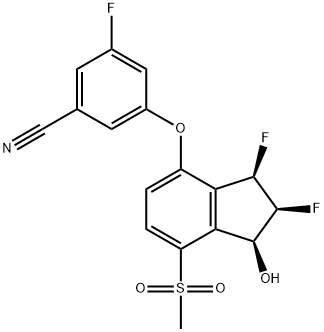FDA Grants Breakthrough Therapy Designation to Merck’s Novel HIF-2α Inhibitor MK-6482 for Treatment of Certain Patients With Von Hippel-Lindau Disease- Associated Renal Cell Carcinoma
2021-09-07

Merck (NYSE: MRK), known as MSD outside the United States and Canada, announced today that the U.S. Food and Drug Administration (FDA) has granted Breakthrough Therapy designation to the hypoxia-inducible factor-2 alpha (HIF-2α) inhibitor MK-6482, a novel investigational candidate in Merck’s oncology pipeline, for the treatment of patients with von Hippel-Lindau (VHL) disease-associated renal cell carcinoma (RCC) with nonmetastatic RCC tumors less than three centimeters in size, unless immediate surgery is required. The FDA also granted orphan drug designation to MK-6482 for VHL disease.
MK-6482 (formerly PT2977) is an investigational, novel, potent, selective, oral HIF-2α inhibitor that is currently being evaluated in a Phase 3 trial in advanced RCC (NCT04195750), a Phase 2 trial in VHL-associated RCC (NCT03401788), and a Phase 1/2 dose-escalation and dose-expansion trial in advanced solid tumors, including advanced RCC (NCT02974738). Proteins known as hypoxia-inducible factors, including HIF-2α, can accumulate in patients when VHL, a tumor-suppressor protein, is inactivated. The accumulation of HIF-2α can lead to the formation of both benign and malignant tumors. This inactivation of VHL has been observed in more than 90% of ccRCC tumors. Research into VHL biology that led to the discovery of HIF-2α was awarded the Nobel Prize in Physiology or Medicine in 2019.
